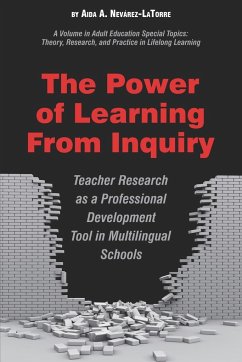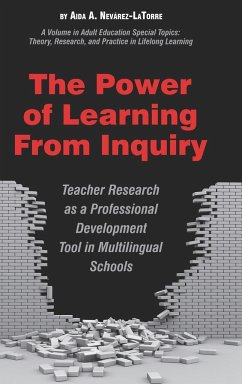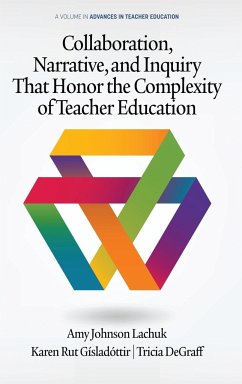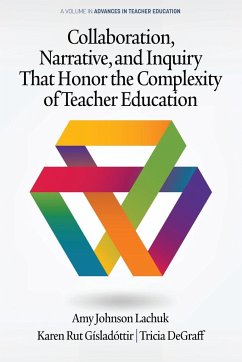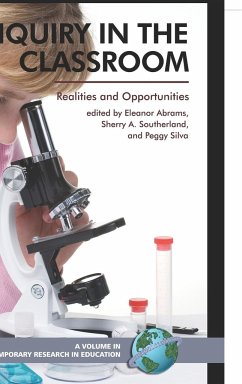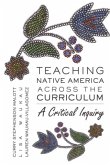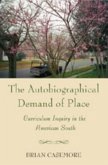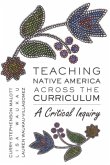A volume in Adult Education Special Topics: Theory, Research, and Practice in Lifelong Learning Series Editor: Kathleen P. King, Fordham University The power of teacher inquiry is revealed when educators examine their practices and the factors that influence them with the purpose of making necessary changes to improve the learning opportunities of their students, and working conditions in schools. As such, in this book the author proposes that reflection and inquiry done by teachers in multilingual classrooms and schools may assist them to construct effective learning communities. In this book, Dr. Nevárez-La Torre examines different ways to reflect and conduct teacher inquiry in instructional settings where students speak more than one language. Her exploration focuses on a teacher-oriented question: What happens when practitioners who work in multilingual schools inquire about their own practice, their students' learning, and their school's ability to create a community of learners and thinkers? The main purpose of the book is to delineate a model for conducting classroom inquiry that teachers may follow to pursue important questions about their practice and multilingual students' learning process. Some special features of the volume include: a case study of a multilingual teacher inquiry group; description of the steps to follow in designing and implementing inquiry projects; and a bibliography of key resources (i.e., books, websites, and journals) for conducting teacher inquiry as a professional development tool and for learning about linguistically diverse classrooms and schools. There are eight chapters in this book divided into three sections. Although the sections are thematically connected, the reader may use them independently of each other. The first section introduces the idea for the book, the author as a practitioner-researcher, and the main practical and conceptual issues discussed in the book. In addition, there is a chapter that introduces a model for using teacher inquiry as a tool for professional development. The second section includes the analyses of the trajectory followed by three teachers into using teacher inquiry to grow as professionals in ESL and bilingual classrooms. The third section of the book situates professional development using teacher inquiry within a broader theoretical framework supported by other research done by academicians in various educational fields. It also examines some key implications of this work for the education of in-service and pre-service teachers.

